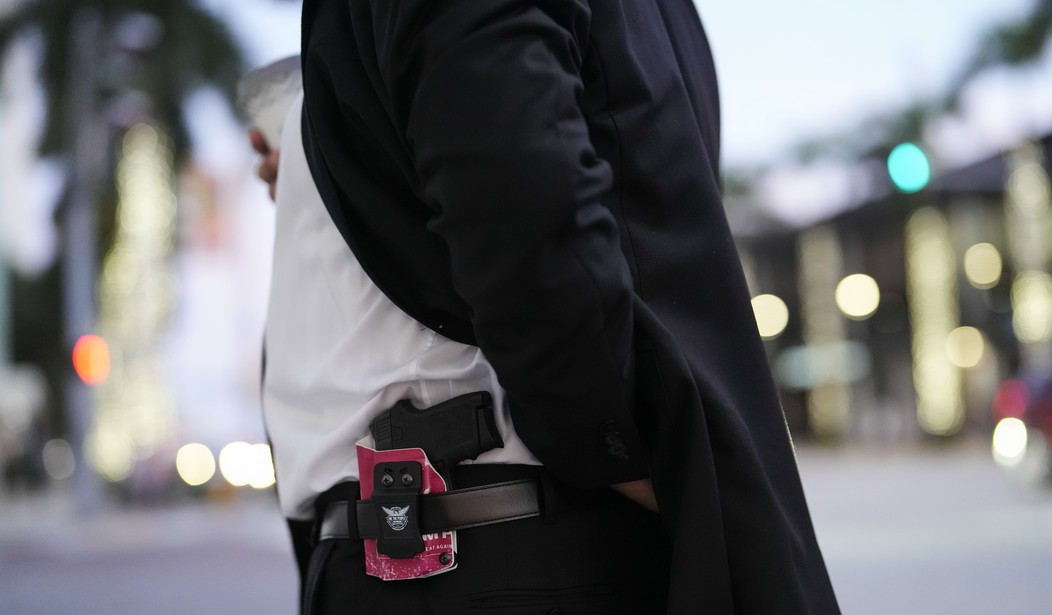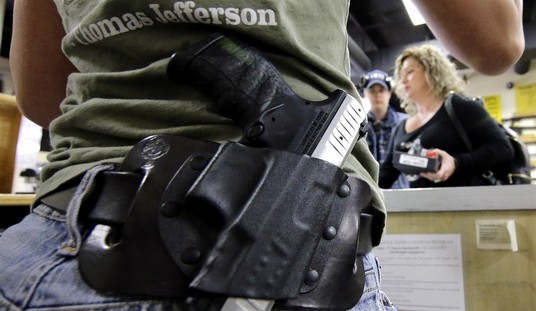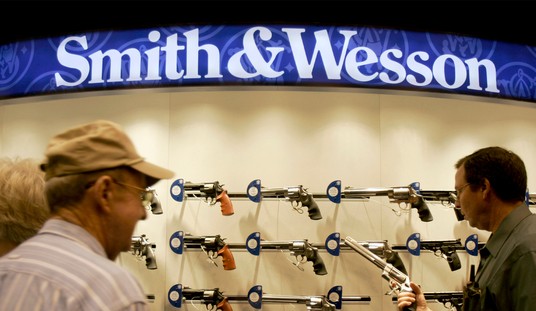The Republic of Trinidad and Tobago shares several attributes with the state of Florida; from white sandy beaches to a booming tourism industry. They could soon have something else in common, as the Caribbean nation is looking to adopt the Sunshine State's "Stand Your Ground" law to bolster the right of self-defense.
Defense Minister Wayne Sturge, told a crowd of Trinidadians (Trinidaddies?) this week that if they are the victims of a home invasion, they have the right to "shoot first", instead of waiting to be shot at or attacked before acting in self-defense.
He says that provision, among others, will be available under the proposed stand-your-ground legislation the United National Congress Government is seeking to enact. He says another measure would allow a victim to defend themselves against an intruder before they are even physically attacked.
... “You don’t have to wait to see what the attacker is going to do. You don’t have to wait to see if he pulls a gun or a cutlass or anything like this. You can, once you honestly believe that you are under attack, or that an attack is about to take place, or is imminent—as they say here—once you believe an attack is imminent, you can strike first. You can strike first and kill first,” Sturge said.
... When it comes to criminals dressed as police officers attempting to invade a person’s home, Sturge said whether a citizen is sure or unsure of the person’s authenticity, it is better to defend and live than to hesitate and die.
“If, by the manner in which they are behaving, you are not sure if they are police or not, what do you think is the common-sense thing to do? I’ll leave you with a little quote I learned years ago from my good friend Herbert Volney, who said, ‘it’s better to be judged by 12 than carried by six’. If you are not sure that the persons outside are law enforcement and you feel that they might be posing as law enforcement, and you feel that if you don’t act you could die, you are entitled to shoot.”
It's worth noting that before he was Defense Minister, Sturge was a criminal defense attorney. If he's advising residents that they dont have to wait to be victimized before defending themselves in their own home, then I'd say the "Stand Your Ground" legislation that's pending in the country's Congress must be awfully robust.
While the country is looking to make it easier for folks to protect themselves, it's not particularly easy to legally own a gun in Trinidad and Tobago. You have to have a Firearms User License, which itself requires obtaining a Provisional License that allows someone to "discharge a firearm at a specific shooting range for the purpose of training in the use of the firearm". In order to get the provisional license an applicant has to (among other things) receive a Certificate of Character issued by the Commissioner of Police. You also have to be at least 25-years-old to apply for a license.
One the provisional license has expired (it has a two-month shelf-life), a resident can then apply for their Firearms User License, which requires not only a Certificate of Character from the police commissioner but a Certificate of Competence issued by a licensed firearms instructor as well.
There is no fee charged for these permits, however, which is a positive. On the Trinidad and Tobago Police Service's website, however, there's a note for those who've been waiting for approval since 2015 or earlier, which suggests that licenses aren't exactly issued in a timely manner. In fact, in January of this year a news report indicated there's a backlog of 25,000 applications.
A group of firearm retailers and range operators are proposing an overhaul of the country's gun laws to go hand-in-hand with the Stand Your Ground legislation, including lowering the age to legally possess a firearm from 25 to 18 but adding mandatory annual training and recertification for all firearm license holders.
Trinidad and Tobago doesn't enshrine the right to keep and bear arms in its Constitution, and it's fair to say that even if all of these reforms take hold the country will still have a long way to go when it comes to ensuring people have the means to protect themselves with a firearm, not just a legal justification for doing so. Still, it's an interesting and positive development that, as violent crime is spiking in the Caribbean country, leaders there are taking a page from the gun-friendly state of Florida instead of California or New York.









